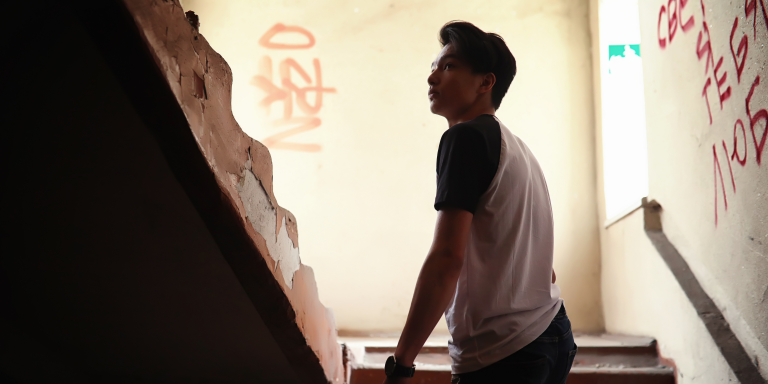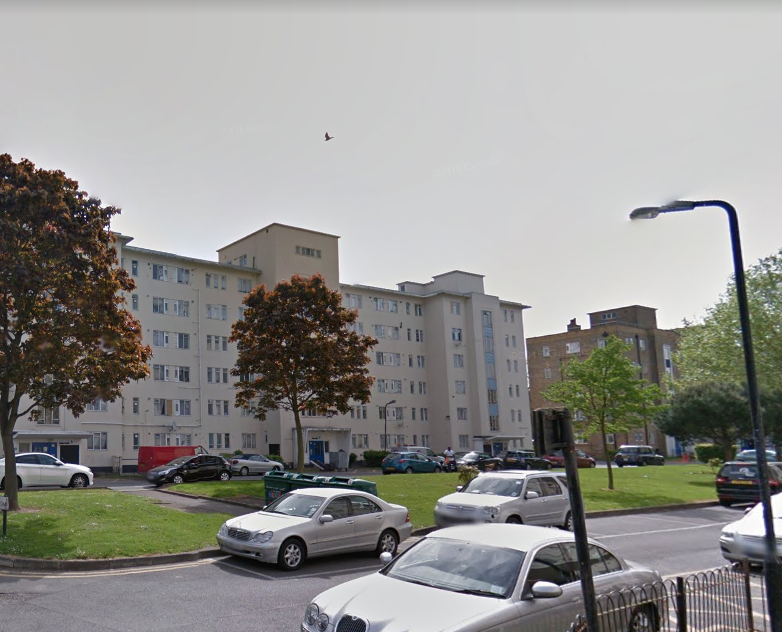The Effects of Squatting on Vacant Buildings

Squatting, the act of occupying a vacant or abandoned building without the legal right to do so, is a growing issue in many urban areas across the UK and other parts of the world. While often seen as a protest against housing shortages, high rents, or economic inequality, squatting presents numerous challenges for property owners and surrounding communities. As cities seek solutions to this complex issue, an alternative—property guardianship—has emerged as a potential way to safeguard vacant properties whilst offering affordable living options.
This article explores the effects of squatting on vacant buildings and the neighbourhoods around them, and examines how property guardianship can be a practical solution.
The Effects of Squatting on Vacant Buildings
- Deterioration and Damage to Property
One of the most immediate consequences of squatting is the physical deterioration of the occupied building. Squatters often lack the financial resources or incentive to maintain the property, leading to issues such as broken windows, leaking roofs, and unsafe electrical wiring. Moreover, because squatters often occupy buildings covertly, they may bypass basic safety measures like fire prevention, heightening the risk of accidents that can result in extensive damage. Over time, this neglect accelerates the building’s decline, reducing its market value and making it harder to redevelop or sell.
- Legal Complexities and Costs
Squatting frequently leads to protracted legal disputes between property owners and squatters, particularly in jurisdictions where squatter rights (such as adverse possession) are protected after a certain period. Evicting squatters can be a long and costly process, involving court hearings, legal fees, and potentially police intervention. In some cases, squatters may even gain legal ownership of the property, further complicating matters for the original owners.
- Attraction of Criminal Activities
Vacant buildings occupied by squatters can also become centres for criminal activities, such as drug use, theft, and vandalism. These buildings often lack security, making them easy targets for opportunistic crimes. The presence of squatters may attract others seeking refuge, further escalating the potential for illegal activities. As a result, both the building and its immediate surroundings may experience higher crime rates, making the area less appealing for businesses and families.
The Impact on the Surrounding Community
- Lowered Property Values
The presence of squatters in a neighbourhood often contributes to the devaluation of nearby properties. Homes and businesses in proximity to squatted buildings may experience a decline in appeal due to the neglected appearance of the occupied property and the associated risks of crime and vandalism. Lower property values can, in turn, have a knock-on effect, deterring investment and reducing local council revenues that would otherwise be used to support community infrastructure and services.
- Reduced Sense of Safety
Communities surrounding squatted properties often experience a heightened sense of insecurity. The increased potential for crime, coupled with the unpredictable behaviour of some squatters, can lead to a perception of danger. This perceived lack of safety may drive away potential residents or businesses and can lead existing residents to feel isolated or trapped in deteriorating areas.
- Social Tensions
Squatting can also create social tensions within a community. Some residents may view squatters sympathetically, recognising the broader issues of homelessness and inequality that drive people to occupy vacant buildings. Others, particularly property owners, may see squatting as a direct threat to their property rights and personal safety. These differing viewpoints can fuel divisions and create an atmosphere of conflict within neighbourhoods.
Property Guardianship as a Solution
In response to the challenges posed by squatting, property guardianship has emerged as a promising solution. Property guardianship is an arrangement in which individuals, known as property guardians, are legally contracted to live in and maintain vacant buildings in exchange for affordable, below-market rent. This approach provides benefits for both property owners and guardians.
Property guardians help prevent buildings from falling into disrepair by occupying and maintaining them. Unlike squatters, guardians enter into legal agreements with property owners that stipulate their responsibilities, such as keeping the building clean, secure, and in good condition. This reduces the likelihood of the property being targeted by vandals, thieves, or squatters. In return, property guardians gain access to affordable housing, often in desirable urban areas, creating a mutually beneficial relationship.
- Reduction in Squatting and Crime
The presence of property guardians can serve as a deterrent to squatters and criminal activities. A legally occupied building is less likely to attract unwanted attention compared to one that is empty and unmonitored. Guardianship companies typically vet potential guardians, ensuring they are responsible individuals who will actively contribute to the upkeep and security of the property. This reduces the risks associated with squatters and helps maintain a positive community environment.
- Positive Community Impact
By placing responsible occupants in vacant properties, property guardianship can have a stabilising effect on surrounding neighbourhoods. The presence of guardians helps maintain the appearance and liveability of buildings, which can prevent the decline in property values and improve the overall sense of security in the area. Furthermore, guardianship offers an alternative solution to housing shortages, providing affordable living options to individuals who might otherwise struggle to find accommodation in expensive urban markets.
Conclusion
Squatting in vacant buildings presents a range of challenges for property owners, communities, and local authorities. These challenges include property degradation, increased crime, and social tensions within neighbourhoods. However, property guardianship offers a practical and mutually beneficial solution that can help preserve vacant properties while simultaneously addressing housing needs. By legalising occupation through a structured arrangement, property guardianship protects buildings from deterioration, reduces crime, and fosters a safer, more cohesive community. As more cities confront the issues associated with vacant properties, property guardianship may prove to be a valuable strategy in combating urban decline and addressing housing shortages.
Are you ready for affordable accomodaton?
Follow our easy process to become a guardian and save on your accomodation.
Have a property that needs securing?
Our friendly team will explain how we can help you securing your empty property





